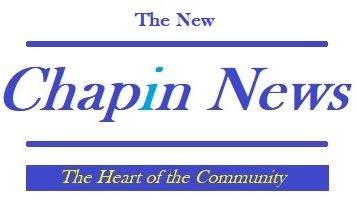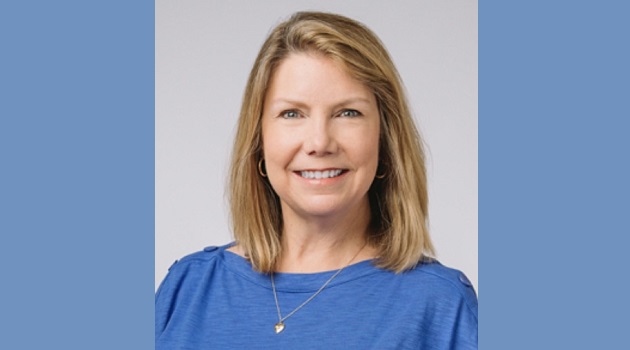I have served on the school board for Lexington-Richland Five for a little more than four years. Our district encompasses a portion of Northwest Richland County and Northeast Lexington County and includes the towns of Irmo and Chapin as well as Harbison/St Andrews area and the Dreher Island area bordering Newberry County. Our district has 23 schools and serves approximately 17,000 students.
Schools have changed:
I grew up at a time (the 1960’s and 1970’s) when the exclusive goal of public schools was to educate children. As students we didn’t know the political or religious persuasion of our teachers. There was no such thing as Social Emotional Learning. Guidance counselors existed only in high schools and their primary job was to ensure students took the right courses and tests to get into college or technical school.
Today, public schools see themselves as so much more than academic institutions. Schools now provide breakfast and lunch, snacks or meals for weekends, mental health counseling, social and emotional learning and more. My district’s tag line is “We love and grow our students” – no mention of education. There is nothing inherently wrong with public schools performing a larger role than academic education, but expanding that role also means more opportunity for endeavors which are unavoidably partisan.
SC Schools are NOT nonpartisan:
Despite nonpartisan school boards, our state’s schools have become political. Teacher associations advocate for their members to teach from a political perspective. For example, The National Council of Teachers of English (NCTE), which is the nation’s largest association of middle and high school English teachers, proclaims “There Is No Apolitical Classroom: Resources for Teaching in These Times.”
Classrooms often have partisan flags, posters and slogans. School libraries now house books many consider as advocating for lifestyles and concepts that are an anathema of their personal and/or religious beliefs. Schools are having to make decisions about sex and gender as it relates to restrooms, locker rooms, student names, pronouns and communications with parents. School boards also determine annual budgets, deciding how social, emotional learning and other non-academic programs are funded.
School boards and their decisions have a huge impact:
In the vast majority of SC, school boards set budgets in hundreds of millions of dollars and set property tax millage rates. In a district with seven school board members, as few as four people can raise property taxes.
School boards also decide how much funding goes into academics versus administration and social programs. School boards approve teacher hiring and hire and supervise superintendents. They have the power to heavily influence educational outcomes which also drive future employment in South Carolina.
Disenfranchised voters:
Numerous studies show lower turnout in nonpartisan races. We see this in South Carolina. Voter turnout for school board races is abysmal. In the 2024 election in our portion of Lexington County, school board candidates received 58% of the eligible votes of those who voted in the presidential election. More people voted on the school bond referendum than on the candidates who would control the spending of the bonds.
When canvassing and poll greeting, voters repeatedly told me that they did not vote in the school board race because they didn’t know the philosophy of the candidates because it was a nonpartisan race. I was also frequently asked if I was a Democrat or a Republican.
In his 1993 study Rhan found “the most powerful cue provided by the political environment is the candidate’s membership in a particular political party . . . The cue provided by the party label is simple, direct, and . . . consequential in shaping individuals’ perceptions and evaluations of political candidates”.
Low Accountability and “Buyer’s Remorse”
In their study Abstention and Informedness in Nonpartisan Elections, authors Meyer and Renschler opine “Low turnout and an uninformed electorate could (and perhaps do) lead to decreased government accountability, and a weak connection between voter preferences and implemented policy.”
We have seen this in my district and in overall Lexington County. Despite our county’s delegation being almost exclusively Republican, most of our school boards would be considered a majority Democrat-controlled. Many voters express dismay at tax increases and other actions taken by board members they believed were more conservative when they were running for election – because the nonpartisan label more easily allows candidates to hide their true beliefs.
Summary:
Schools are partisan and there is little chance of this changing anytime in the foreseeable future. The vast majority of voters pay property taxes and have a vested interest in the outcome of our public schools. However, these same people vote in low rates in our school board races because they don’t have adequate information about the candidates and their positions – solely because most school board races in SC are nonpartisan. Making school board races partisan would lead to more voter engagement, more communication with voters on the role of school boards and higher voter turnout. All of this is in the best interest of our electorate and our public schools. Please join me and encourage your legislators to support the passage of H 3759, making school boards partisan.
This is my personal perspective and I do not speak for our school board or district.
Sincerely,
Catherine Huddle
Trustee, School District Five of Lexington and Richland Counties



